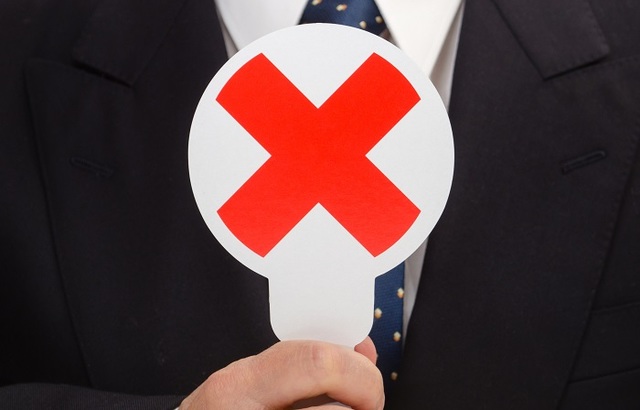The Ministry of Foreign Affairs and International Cooperation confirmed on Wednesday that it is introducing a temporary suspension on issuing visas on arrival for holders of exempted passports.
It will apply until a medical clearance process is activated at the departure country as part of global precautionary measures being taken to mitigate the spread of the coronavirus.
Holders of diplomatic passports, however, are exempted from this decision, the Federal Authority for Identity and Citizenship added.
Forced to isolate
On top of the visa restriction, anyone entering the UAE must commit to a home quarantine period of 14 days.
Violating this ban and exposing others to danger shall be punishable by law, UAE attorney general Hamad Saif Al Shamsi confirmed on 18 March.
Royal reassurance
Sheikh Mohamed bin Zayed Al Nahyan, crown prince of Abu Dhabi and deputy supreme commander of the UAE Armed Forces, said, on Wednesday, that “the UAE is faring well”.
Crediting the “early efforts and measures in place to face this virus”, he said “we all have seen the difference between the nations which have adopted early precautionary measures and those which haven’t”.
He added that the UAE has “benefitted from the experience of other advanced countries, like Singapore, South Korea and China in confronting the virus”.
The Sheikh added that the nation is able to “provide all required food and medical supplies continuously and infinitely”.
Global shutdown
The decision by the UAE to stop issuing visas on arrival mimics steps taken by other countries.
As reported by International Adviser, India shut its door to visitors on 13 March.
The restriction will remain in place until at least mid-April.
As of 18 March, there were 147 confirmed cases and three deaths, according to the latest World Health Organisation figures.
In comparison, the UAE has reported 113 cases but no deaths.








